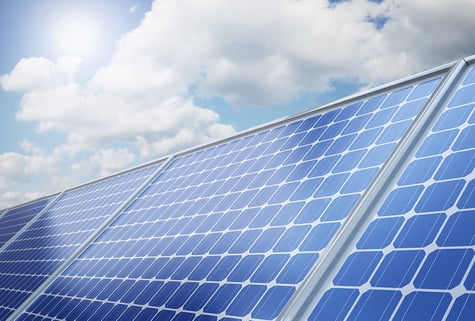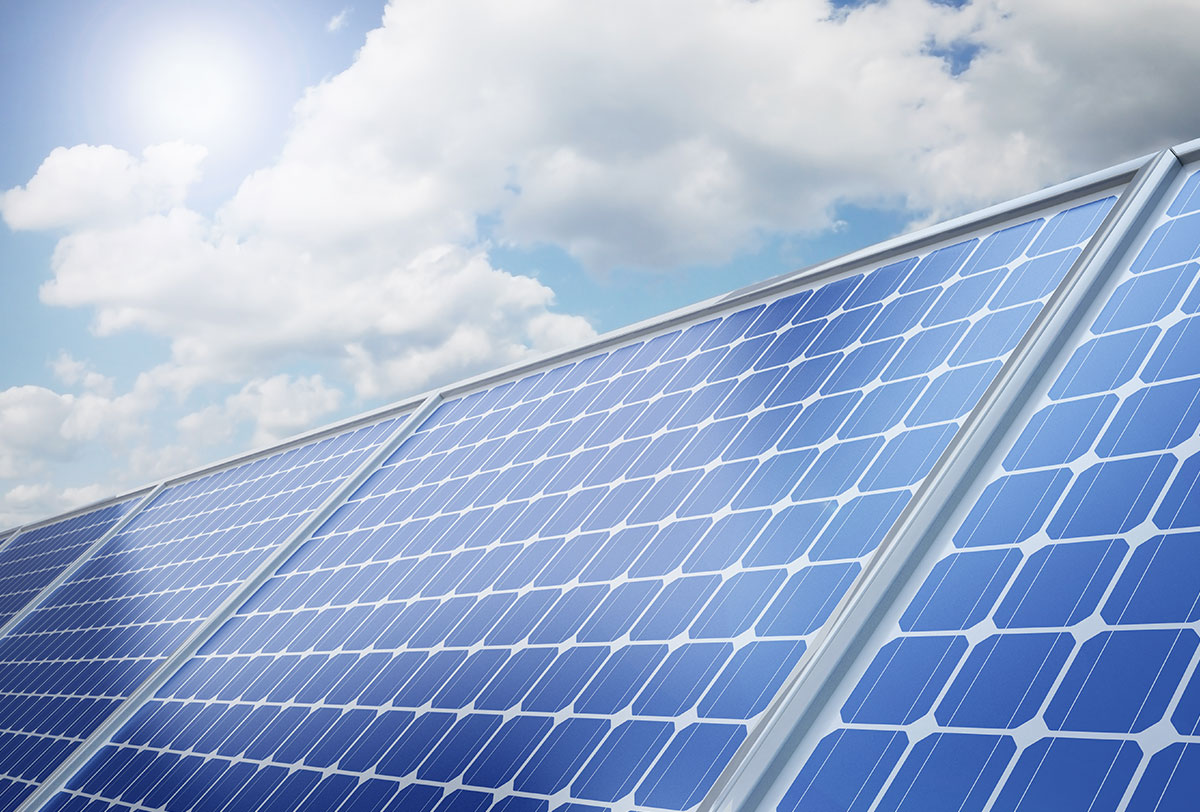
We tend to take the sun for granted. We don’t really think about how powerful it is until we feel the painful effects of a day at the lake. But the sun actually produces far more energy than we give it credit for—or take advantage of. It’s been said that enough energy pummels the earth every day to power the planet for an entire year.
So why haven’t solar equipment platforms and the energy they provide gained wider acceptance? Because the upfront costs can be intimidating, especially since it sometimes takes years to recoup the costs through energy savings alone. That leaves building owners wondering just how cost-effective solar panels really are and when they’ll get a return on their investment. The calculations work out differently for everyone, depending on things like the type of roof and type of solar equipment platform—but here are some things to consider:
-
According to the Solar Energy Industry Association, the cost of solar has come down 75% since 2006. In fact, solar panels are 100 times cheaper than they were back in 1977! With the signing of the Paris climate deal, increased government support of research and development will likely drive down costs and increase innovation, resulting in products that are less costly and more effective. In addition, the “soft” costs of things like installation and maintenance have decreased, as well.
-
Even though the overall cost has dropped considerably, the upfront investment of installing solar panels can be prohibitive. One alternative is participating in a Solar Power Purchase Agreement (SPPA). In an SSPA, a building owner contracts with a solar provider to install the provider’s panels on the building owner’s roof. The provider still owns the panels, and the building owner purchases the power from the provider. So the building owner gets to sidestep the capital expense while still being able to take advantage of lower energy prices.
-
Both private and public funding can significantly offset the upfront cost of installing solar panels. Thirteen states distribute grants through System Benefit Trust Funds. Another 20 states offer a mixture of tax credits, tax waivers, and emissions grants. Some businesses could be eligible for federal funding, as well. In addition, a number of utilities offer discounts or rebates, and some even purchase excess solar power back from their customers.
-
Solar panels can also provide businesses with a degree of reliability in both the purchase and delivery of electricity. Solar equipment platforms provide a source of backup electricity during power failures, potentially preventing an expensive work stoppage. They also offer a hedge against power company rate hikes, which average about 6% per year. In addition, they produce the most energy during summer afternoons—which is a time of “peak demand,” when energy costs tend to be at their highest.
-
Maintenance—including the cost of training workers on solar equipment platforms—is another consideration. Maintenance requirements include inspecting seams, flashings, mechanical and electrical connections, and racking components. And, in addition to the normal wear and tear all roof systems experience, temperature fluctuations can cause the racking components used in solar installations to expand and contract, further stressing seams and connections.
-
The surge in the popularity of solar energy has moved faster than the codes that regulate building safety. The Fire Protection Research Foundation released a report describing some of the hazards associated with rooftop solar panels, including: structural load, wind load, hail, snow, debris accumulation, seismic risk, fire, and electrical malfunction. The report offers best practices for mitigating the risks but acknowledges that there is still a lot to be learned about the safety of solar panels for commercial usage.
-
Installing solar panels can also deliver returns that aren’t purely financial in nature. Solar panels can increase a building’s resale value, for instance. In addition, there’s often a PR benefit in terms of both customers and employees, as sustainability becomes a high priority for more people.
The cost of installing a solar equipment platform is only one factor in a complex calculation. The same is true for the reduction (or even elimination) of electricity costs you can get in return. For some businesses, installing solar panels will be well worth the cost. For others, it might not be the best solution. Only you can decide if it’s right for your business.





